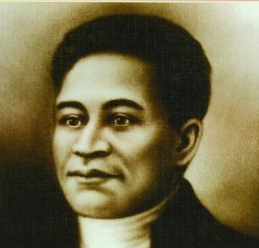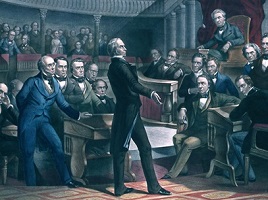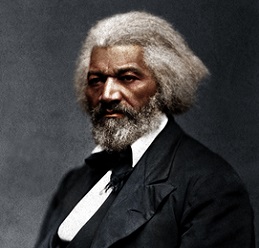Written on July 1769. Similar to “An Address to the Atheist” written in 1767, Wheatley urges atheist to believe in god who created the universe.
Where now shall I begin this Spacious field
To tell what curses unbelief both yield
Thou that dost daily feel his hand and rod—
And dare deny the essence of a God
If there’s no heaven whither will thou go?
Make thy Elysium in the shades below
If there’s no God from Whence Did all thing spring
He made the greatest and minutest thing
With great astonishment my Soul is struck
O rashness great; hast thou thy sense forsook
Hast thou forgot the preterperfect days
They are recorded in the book of praise
If it was not written by the hand of God
Why was it sealed with Immanuels blood
Tho’ tis a second point thou dost deny.
Unmeasur’d vengeance scarlet sins do cry
Now turn I pray thee from the dangerous road
Rise from the dust and seek the mighty God
By whose great mercy we do move and live
Whose loving kindness doth our sins forgive
“Tis Beelzebub our adversary great
With holds from us the kingdom and the seal
Bliss weeping waits us in her arms to fly
To the vast regions of Felicity—
Perhaps thy Ignorance will ask us where
Go to the corner stone, it will declare
Thy heart in unbelief will harder grow
Methinks I see the consequence thou’rt blind
Thy unbelief disturbs the peaceful mind
The endless Scene too far for me to tread
Too great, to accomplish from so weak a head
If men such wise inventions then should know
In the high Firmament who made the bow
That covenant was mad for the ensure
Made to establish lasting to endure
Who made the heavens and earth? A lasting spring
Of Admiration; to whom dost thou bring
Thy thanks and tribute, adoration pay
To heathens Gods? Can wise Apollo say
Tis I that saves from the lowest Hell
Minerva teach thee all thy days to tell
Doth Pluto tell thee thou shalt see the shade
Of fell perdition for thy learning made
Doth Cupid in they breast that warmth inspire
To love thy brother, which is gods desire
Look thou above and see who mad the sky—
Nothing more lucid to an atheists ey
Look thou beneath and see each purling stream
It surely cannot a delusion seem
Mark rising Pheobus when he spreads his ray
And his Commission for to guide the day
At night keep watch and see a Cynthia bright
And her commission for to guide the night—
See how the stars when they do sing his praise
Witness his essence in celestial Lays.


